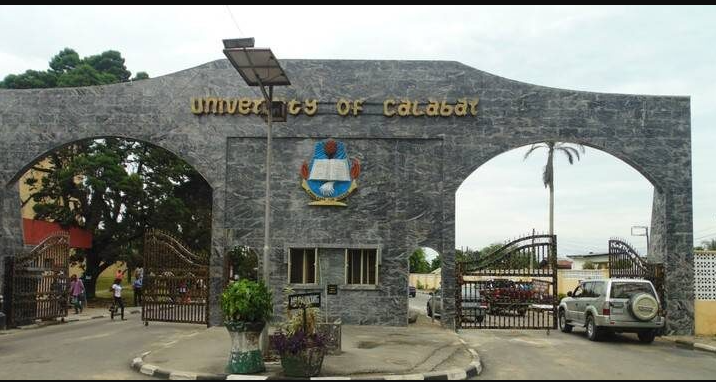The Vice Chancellor of the University of Calabar (UniCal), Professor Florence Obi, has reaffirmed her commitment to resolving the protracted crisis surrounding the non-induction of the university’s 2016 Dentistry graduates by the Medical and Dental Council of Nigeria (MDCN) before the conclusion of her tenure.
Speaking during a press briefing on Tuesday in Calabar, the VC described the situation as a personal and institutional burden that must be resolved, noting that nearly 60 students have remained in limbo since graduating, unable to begin their professional careers due to regulatory challenges.
“I will feel very bad if I leave without solving this problem, and the students are left hanging without knowing their fate. I won’t be fulfilled,” she said.
Prof. Obi traced the root of the issue to UniCal’s admission quota violation, revealing that the university admitted about 60 students into its Dentistry programme in 2016—six times the 10-student limit approved by the MDCN.
Though the Dentistry programme began in the 2013/2014 academic session and eventually secured full accreditation in 2022, the MDCN has maintained its stance against inducting the over-admitted students, citing the university’s breach of its regulatory standards.
“The MDCN had long warned against exceeding the quota,” Obi noted, “but the university kept admitting more students due to high demand for the programme.”
To address the impasse, the VC disclosed that UniCal is collaborating with the Federal Ministry of Education and TETFund to upgrade infrastructure within the Dentistry department. The goal is to not only improve training capacity but also to justify a request for an increase in the MDCN-approved quota.
Prof. Obi also dismissed rumours that the department was being shut down, clarifying that the school is merely complying with regulatory directives by suspending further admissions and exploring transfer options for students who fall outside the current quota.
“We are not shutting the department,” she stated. “We are working to bring it in line with regulatory expectations and ensure the future of our students.”
In an effort to find a solution, the university offered students exceeding the quota an option to transfer to other accredited institutions offering Dentistry. However, this option has met stiff resistance. Several affected students were seen on campus, dressed in their white ward coats, staging peaceful protests around the Vice Chancellor’s office and insisting they be allowed to complete their programme at UniCal.
Some students even requested transfers into the Department of Medicine and Surgery, but the VC explained that this was not feasible due to capacity constraints.
“Taking them into Medicine would only further overwhelm a system that is already under pressure,” she said.
Prof. Obi reassured that any future transfers would be handled transparently, and students would be given the freedom to select preferred institutions where they can continue and complete their training.
The Medical and Dental Council of Nigeria (MDCN), established by the Medical and Dental Practitioners Act of 1963, regulates the training and practice of Medicine and Dentistry in Nigeria. Admission quotas are strictly enforced to ensure institutions only admit as many students as their infrastructure and staffing can support.
Induction by the MDCN is mandatory before any graduate can legally practise, including undergoing internship or housemanship. Without this induction, graduates—even if qualified on paper—cannot work legally as dentists or doctors in Nigeria.
With just a few months left in her administration, Prof. Obi has made resolving the crisis a personal priority. She emphasized that the fate of the affected students weighs heavily on her, and she is working tirelessly with relevant bodies to ensure that their careers are not stalled indefinitely.
“This is not just an institutional issue; it’s a moral one. We owe it to these students to find a solution,” she said.
As pressure mounts from students and stakeholders, all eyes are now on UniCal’s management and the MDCN to find a fair and timely resolution to the crisis that has left dozens of young professionals in limbo for nearly a decade.

